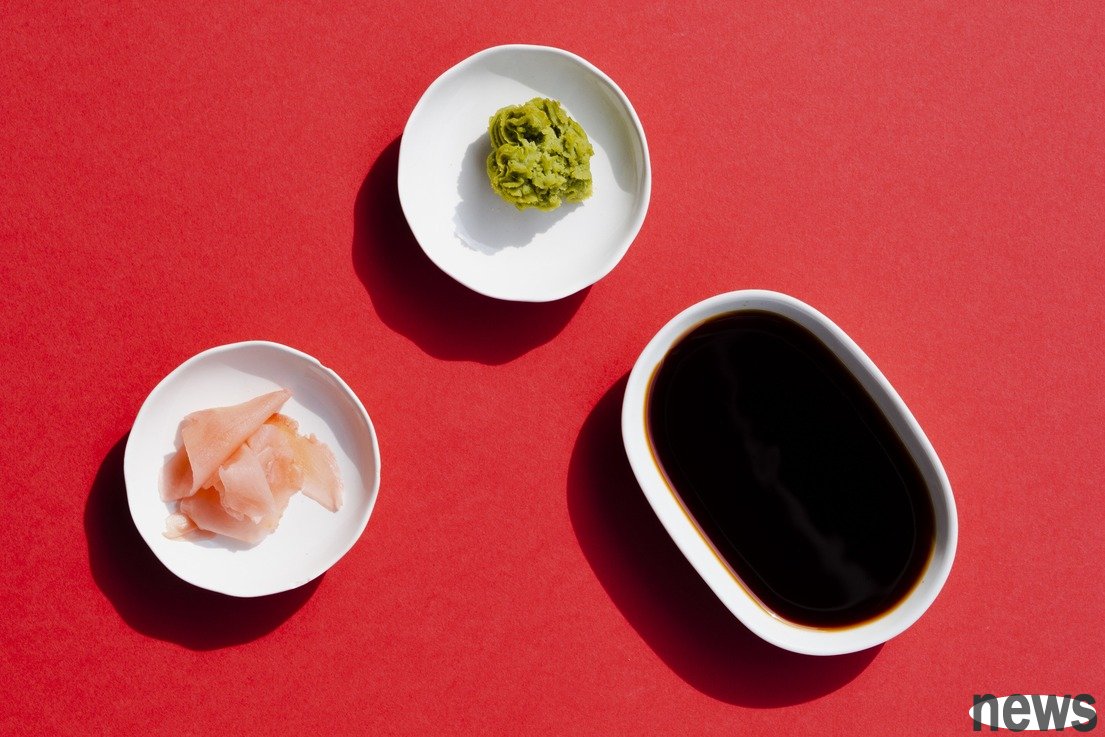
I posted on 2023-12-28 that can be used to prevent dementia? , pointed out that Japanese research published in "News Cloud": Eating more wasabi "helps strengthen the memory of the elderly" is expected to prevent dementia, which is not worth believing.
Two days later, my face friend Mr. Luo sent an article "Sanli News" published on 2019-10-21, how long have you been cheated by "fake waxammy"? Wasabi, mustard and horseradish are very different! . There is a big mistake in this article (laughing out big teeth), and two misunderstandings.
In fact, can I prevent dementia in wasabi? In this article, I published wasabi, horseradish, and mustard more than 6 years ago, and some of the sentences were: "When I read the information about Wasabi, I found a variety of error information. The most common error is that I can't figure out wasabi, mustard, and horseradish."
Have you noticed "Error information"? This looks like it works like the "How long has it been cheated" mentioned in Sanli News, but it actually has a big difference.
The first paragraph of this article in "Sanli News" is: "Eating Japanese cuisine, especially raw fish slices, will definitely get 'Washami'. In the stereotype, it can help kill bacteria and protect health. However, some experts jumped out and said, 'You are all cheated!' The real "Washami" wasashami is definitely antibacterial, but the Japanese restaurant in the shop does not give 'Washami' at all, but horseradish with a very similar taste to mustard!"
In this article in Wasabi, Horseradish, and Mustard, I said that in terms of price, "Washabi made with wasabi" is about a hundred times that of "Washabi made with horseradish". So, I don’t expect the “Japanese restaurant in the shop” to give me “Washabi made with wasabi”. Anyone who would have such expectations should examine their level of knowledge rather than complaining about "how long has it been cheated".
The third paragraph (part) of this article in Sanli News is: "The international journal McGill (Joe Schwarcz PhD | 20 Mar 2017) also pointed out that wasabi has antimicrobial properties, and the 6-methylsulfinylhexyl isothiocyanate contained in it is confirmed to be effective antimicrobial agents for bacteria such as melanocyanidae and Staphylococcus aureus."
International journal McGill? Is this actually from a facial news media?
I have published a total of 37 articles that have mentioned "McGill", such as how can wasabi prevent dementia? I said in it: "The Office for Science and Society of Canada, which I often quote, also raises doubts about this article. Please see Wasabi-More than Just a Sushi Condiment?."
So, McGill is not a journal, but a university. It has a unit/site called Office for Science and Society, and Joe Schwarcz is the Director (Director) of this unit/site.
I also have 4 articles, including pear treatment for flying mosquitoes, from Taiwan to North America, saying that "McGill University is a famous Canadian university. There are 12 Nobel Prize winners among its alumni and faculty, and current President Durudao is also its alumni."
It is incredible that Sanli News would actually call a government with such an outstanding reputation as an "international journal".
No matter what, let's look back at the article "Sanli News" that "real "wasami" wasabi can indeed inhibit bacteria, but the Japanese restaurant in the shop does not give "wasami" at all, but horseradish that tastes very similar to mustard! … "6-methylsulfinylhexyl isothiocyanate" contained in wasabi has been confirmed to be effective antimicrobial agents for bacteria such as C. aureus and Staphylococcus aureus. '
This paragraph is obviously telling everyone that "wasabi can inhibit bacteria, but horseradish cannot", but is this actually the case?
I published wasabi, horseradish and mustard more than 6 years ago: "The main ingredient of papaya seeds is "Phenyl isothiocyanate" (BITC). The spicy ingredients of wasabi and horseradish are "Allyl isothiocyanate" (AITC). AITC and BITC are two members of the Isothiocyanate family. The former is spicy and the latter is spicy and bitter. Everyone has heard that when eating raw fish slices, it is said that it is to kill bacteria. But can waxby really kill bacteria? In fact, whether it is AITC or BITC, it is said to have various medical effects such as bacteria killing, anti-cancer, etc.. But, how many scientific certificates are there? '
From this paragraph, we can see that Isothiocyanate is a family, and the 6-methylsulfinylhexyl isothiocyanate contained in wasabi is just a member of this family.
Isothiocyanate All members of the family have antibacterial ability, and the Isothiocyanate contained in horseradish certainly also has antibacterial ability. If you don't believe it, please read this 2013 paper Antimicrobial activity of isothiocyanates (ITCs) extracted from horseradish (Armoracia rusticana) root against oral microorganisms [the antibacterial activity of salt thiocyanate (ITC) extracted from horseradish (Armoracia rusticana) root against oral microorganisms].
So, now you know why I would start saying "There is a big mistake in this article "Sanli News", two misunderstandings."
Original text: How long have you been cheated by "fake waxby"? Sanli News One Big Two Small ErrorsResponsible Editor: Gu Zihuan